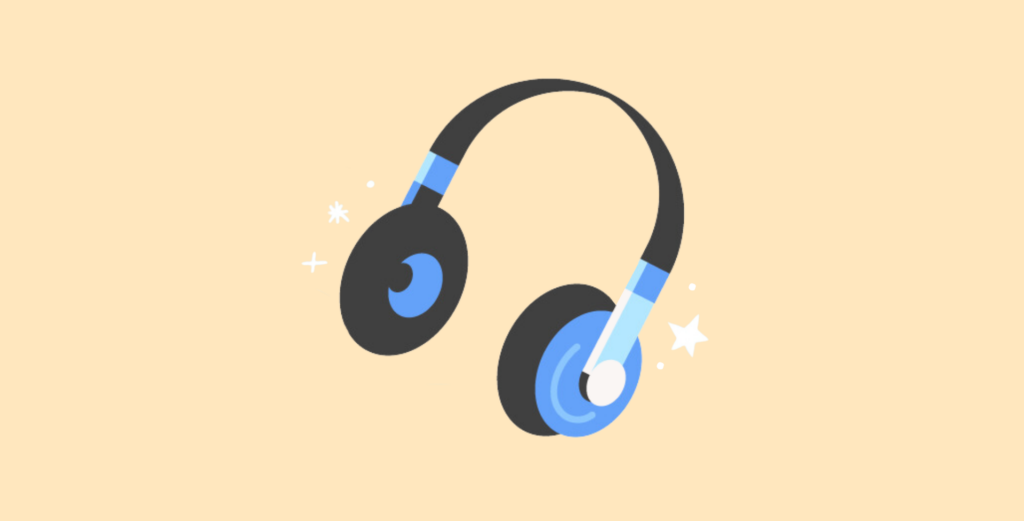
If you’ve ever been irritated by someone clearing their throat, tapping a pencil, or making chewing sounds, you’ve experienced a bit of misophonia. Misophonia, also known as Sound Sensitivity Syndrome, affects kids and adults by causing them anxiety and distress when they hear certain sounds. There are many treatments to help reduce the symptoms of misophonia, and meditation and mindfulness are two research-based practices that may help.
Lots of people dislike distracting noises, but people who have misophonia have an extreme reaction to sounds, like yelling at the person who made the sound. These aversions to sound are unwanted and the people who experience them often can’t control their reaction. Common symptoms include:
For the past 10 years, misophonia has mostly been studied within adult populations, excluding a large part of the population that also struggles with misophonia- kids. Kids have misophonia much like adults- they experience an extreme reaction to certain sounds that is often out of their control. Thankfully, there has been preliminary research into how misophonia presents in children, and it’s more serious than simply disliking sound.
One study found that children with misophonia had higher levels of obsessive compulsive traits and more anxiety than children without misophonia. This same study also found that children with misophonia reported having a lower quality of life satisfaction. Another study found that more severe misophonia had a significant association with decreased trait mindfulness (qualities like having an open and non judgmental attitude) and deficits in emotion regulation, like self-blame. Dr. Andrew Guzick, a clinical psychologist and associate professor in the Department of Psychiatry at the University of Pennsylvania, was part of this study and says that misophonia is in the early stages of treatment development.
In addition to these studies, parents have reported that misophonia can lead their child to experiencing avoidance, anxiety, and lower self-esteem. For kids in school, misophonia can sometimes impact their learning and overall educational experience. Fellow classmates tapping pencils, eating loudly in the cafeteria, and constant chattering can make learning, and time spent at school, challenging with the abundance of trigger sounds.
Misophonia isn’t yet recognized in DSM-IV, which as Dr. Guzick mentioned, means there’s no official treatment at this time. Studying children with misophonia is just beginning, and as more research is published, there will be more definitive guidelines on effective treatments and ways to manage symptoms.
At this time there is some evidence that treatments for similar disorders, like obsessive-compulsive disorder, may be helpful in symptom management. Some other treatments for kids include:
Meditation, a centuries old practice, is another technique that may be able to help kids reduce the severity of their misophonia symptoms. Meditation is the practice of focusing attention, often with the use of a focal point, like the breath, or a calming image, to promote relaxation and mental clarity. Countless studies validate that meditation can reduce many of the symptoms that kids with misophonia experience like anxiety, irritation, and reduced emotional regulation.
Using meditation and mindfulness may help reduce the symptoms of misophonia, and give kids many other supportive techniques for their misophonia toolbox.
Mindfulness is quite similar and is the practice of bringing intentional awareness to the present moment. When combined, meditation and mindfulness can teach skills like acceptance, focus, and resilience, along with decreasing feelings like anxiety.
We asked Dr. Gulcik if he believes meditation and mindfulness could be part of misophonia treatment. He told us, “…given how effective mindfulness practices are for many issues related to physical and mental health, it certainly makes sense that they might be helpful for kids with misophonia, especially in light of our study. We are still at the very early stages of treatment development and testing for misophonia, so it remains to be seen what turns out to be the most effective approach. For now, the best thing a family can do is figure out what works for their child, which very well might include something like a mindfulness practice.”
For kids with misophonia, meditation and mindfulness may be able to teach them to more easily identify their feelings and triggers, become more calm in the face of triggers, and reduce their irritation through cultivating more acceptance and openness.
*Only available for Wee Meditate subscribers. Sign up or login to start listening.